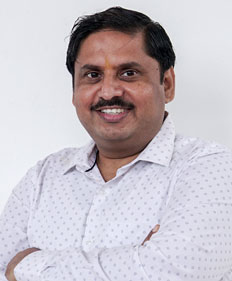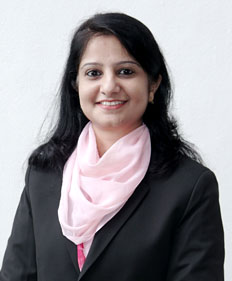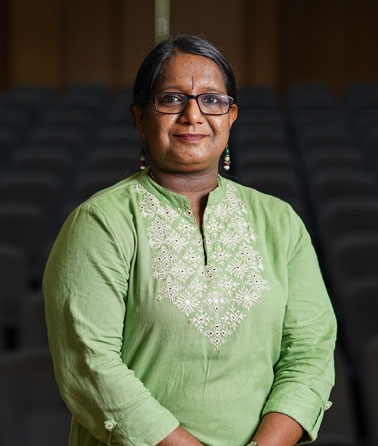Objectives
While emerging as one of the fastest growing economy in the world, India remains at the crossroad of the growth trajectory owing to the informal nature of her labour market. The Ministry of Labour and Employment (Government of India) reports that around 84% of the working populace in the country is employed in the unorganized sector. Recently, the NITI Aayog, suggested that 7.7 million workers were engaged in the gig economy in the year 2020-21. It is only expected to rise to 23.5 million workers by 2029-30. To put the above numbers in perspective, the International Labour Organization (ILO) is also concerned that 50 percent of the global workforce and more than 90 percent of the Small and Medium Enterprise (SME) are working and operating in the condition of informality . Moreover, India is yet to act at a policy level towards the implementation of the International Labour Conference (ILC) recommendation R204 - Transition from the Informal to the Formal Economy Recommendation, 2015 (No. 204). Accordingly, the proposed Centre for Employment Relations and Labour Studies is aligned to the following objectives:
- facilitate the transition of workers and economic units from the informal to the formal economy, while respecting workers’ fundamental rights and ensuring opportunities for income security,
- promote the creation and preservation of sustainable enterprises as well as decent jobs in the formal economy
- prevent the informalization of formal economy jobs.
Vision
Create sustainable organizations through cooperative employment relations.
Mission
Centre Activities
-

Engage research fellows
The Centre would like to engage post-doctoral research fellows on ‘employment relations and labour research’ through project funding
-

Conduct labour conferences
The Centre would conduct an annual labour conference by involving different stakeholders in employment relations
-

Publishing annual periodicals
The Centre would publish an annual research-based periodical which may further metamorphose into a journal in future.
-

Training
The Centre would train employers association, employers, government officials, trade union leaders, workers, students and doctoral scholars on how to create a cooperative labour management relationship while ensuring the dignity of labour.
Members

Prof. Manoranjan Dhal
Chair Person
Professor,
OBHR Area

Prof. Surya Prakash Pati
Member
Associate Professor,
OBHR Area

Prof. Chitwan Lalji
Member
Assistant Professor,
Economics Area

Prof. Shannu Narayan
Member
Associate Professor,
HLM Area
Advisory Council
- Prof. Sarosh Kuruvilla, Professor of Industrial Relations, Asian Studies and Public Affairs at Cornell University
- Prof. Anil Verma, Professor Emeritus of Industrial Relations and HR Management, Rotman School of Management University of Toronto
- Prof. Ernesto Noronha, Professor, Indian Institute of Management Ahmedabad
- Amase Mitsuji, Deputy Research Director General, Japan Institute for Labour Policy and Training



